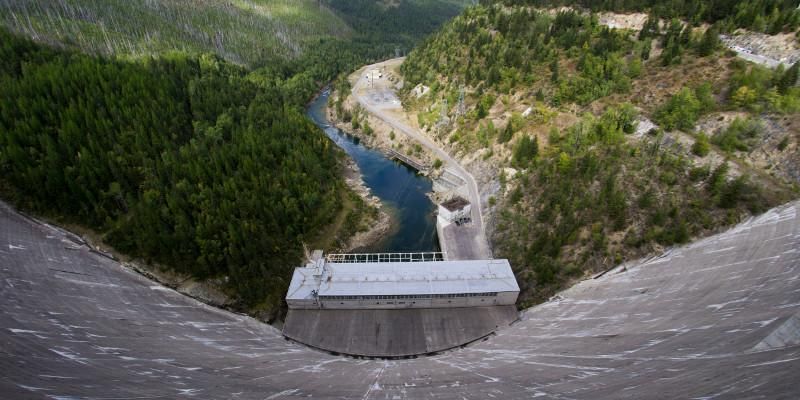
Discussion around limiting climate change primarily focusses on whether the best results can be gained by individuals changing how they act, or governments introducing new legislation.
Now though, University of Leeds academics Dr Rob Lawlor and Dr Helen Morley from the Inter-Disciplinary Ethics Applied Centre suggest engineering professionals could also play a pivotal role, and could provide a co-ordinated response helping to mitigate climate change.
Writing in the journal Science and Engineering Ethics, they say engineering professional institutions could take a stand in tackling climate change by developing a declaration imposing restrictions and requirements on members.
“A strong and coordinated action by the engineering profession could itself make a significant difference in how we respond to climate change,” they said.
“We know many engineers and firms make great efforts to be as environmentally friendly as possible, and research is carried out and supported by the sector to help reduce its impact on the world. We’re suggesting that concerted action could improve this process further.”
Quoting 2014 research by Richard Heede from the Climate Accountability Institute, they say nearly two-thirds of historic carbon dioxide and methane emissions could be attributed to crude oil and natural gas producers, coal extractors, and cement producers. These are industries typically enabled by the engineering profession.
They argue that the profession could take a more active role and have a positive impact in reducing the level of damaging emissions by proposing environmental restrictions or encouraging engineers to think how the resources and processes they use could be as environmentally friendly as possible.
In doing so, they could provide an important route to cutting emissions, alongside action by individuals and governments.
Dr Lawlor and Dr Morley say the engineering profession could, and should, play a significant role in the abatement of climate change by providing a co-ordinated response to the problem. If the profession can set strict standards for professional engineers, with sanctions for those who refuse to comply, this could have a significant impact in relation to efforts to develop a coordinated response to climate change.
Sanctions could include revocation of an engineer’s chartered status for those refusing to comply with an agreed declaration.
They stress their intention is to encourage debate and create a positive future where professional engineers can contribute to reducing climate change through decisions they take at work. They emphasise that there are three reasons why the engineering sector is well placed to have a significant impact:
- Engineers influence the development of key industries responsible for emissions. Changes in engineering practice, therefore, have significant potential to change our current emissions profile.
- Engineers are professionals, who recognise themselves as part of a profession with a code of ethics. A key characteristic of a profession is that it is self-regulating and recognises its duty to the public.
- The profession’s institutions have a significant public voice and carry respect. Their positions on issues in their field can carry weight in wider situations as a result of their expertise.
In this context, the pair say, if the engineering profession makes a bold statement about the need to address climate change and about its intention to assert set strict standards, this is likely to be more effective than similar advice coming from other groups.
Their proposal is based on a similar move by the medical profession in 1964 when the World Medical Association, a confederation of professional bodies representing physicians agreed independent standards relating to medical research.
Although these standards, laid out in the Declaration of Helsinki, were not based in law, they showed the profession as a whole acting together to improve standards. It held physicians to higher standards than the law in their countries, and has subsequently been adopted into legal frameworks.
Further information
The article Climate Change and Professional Responsibility: A Declaration of Helsinki for Engineers is published in Science and Engineering Ethics.
Dr Lawlor has taught ethics to engineering students for more than a decade, and Dr Morley has a PhD on engineering ethics and a master’s qualification in electronic engineering.
Please contact Peter Le Riche in the University of Leeds press office on 0113 343 2049 or p.leriche@leeds.ac.uk for further information.